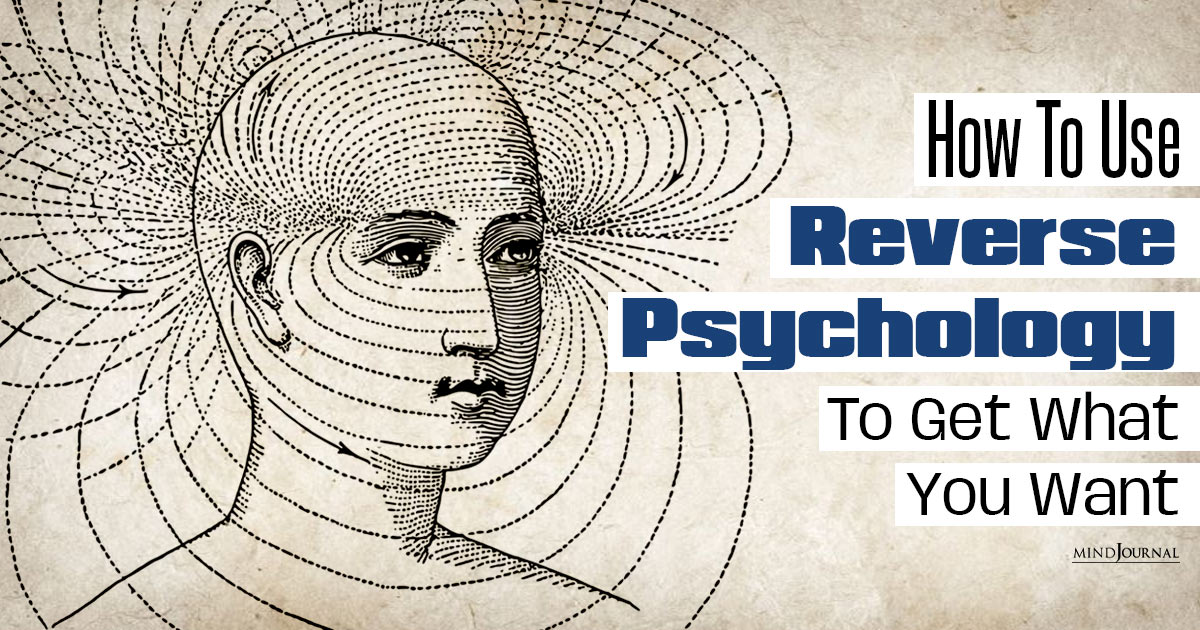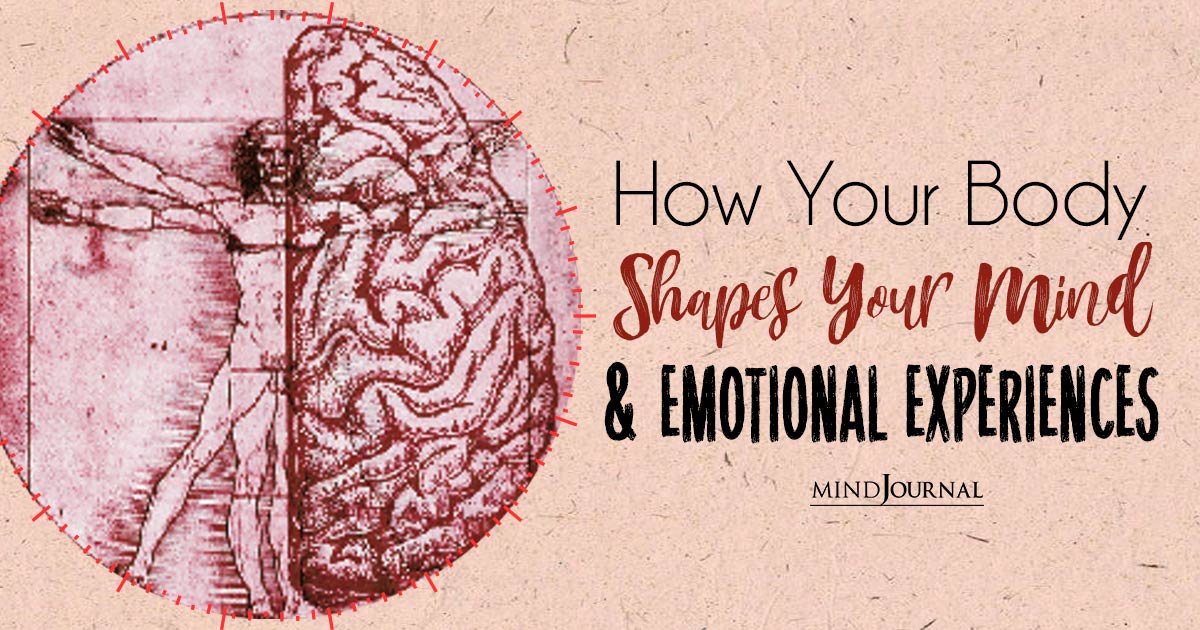Social skills play an importnat role when interacting with various people across varied spheres of life. Appearing convincing and amiable becomes a necessity. There are some people who seem to instantly click well with others while there are others, who, to say, struggle to make an impression.
This could be a real concern when you are missing out on job opportunities, new friends and exciting social life. Worry not because they aren’t blessed with some superpowers to win people’s heart. All they are equipped with are some handy social skills which you can easily learn.
Why do you need to develop essential social skills?
Take a moment to imagine a life without close friends, acquaintances and colleagues. If it unsettles you, it’s absolutely natural because social animals like us human beings’ lives become mundane without some meaningful connections with others.
Amongst all of these, what if you find yourself feeling left out in social gatherings, in your friend’s circles and groups? It wouldn’t be a great experience. We all seek intimate and mutually nurturing relationships with our fellow mates. Above all, we want to be identified, admired and approve by others.
There’s no doubt that strong emotional bond with other people is the foundation to a healthy mind and life with optimal satisfaction. If you have been there, you know that being unable to interact deeply with other people might make you feel unfulfilled and dissatisfied with your life. It might even bring in feelings of worthlessness, loneliness and inferiority. You might believe yourself to be incompetent. But rest assured, there isn’t anything wrong with you.
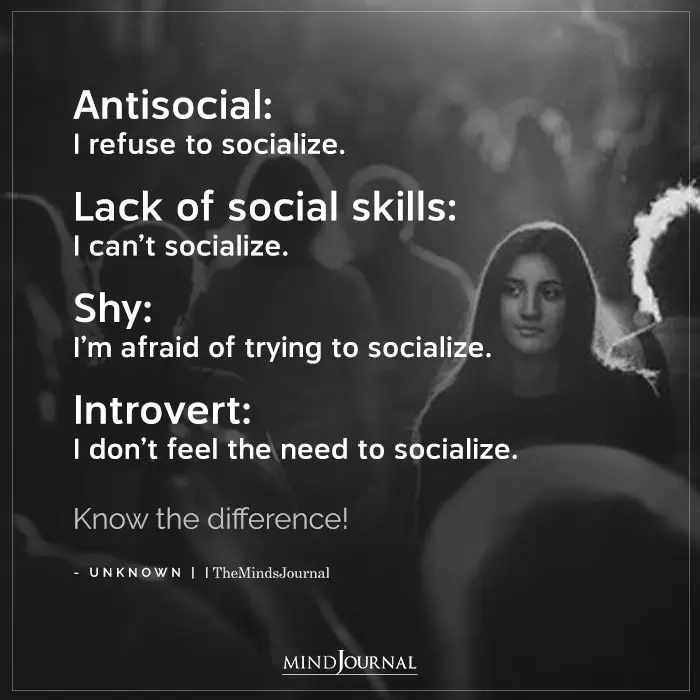
You can learn social skills irrespective of your personality type. It doesn’t matter whether you are an introvert or an extrovert, or if you are shy or not, once you learn the dynamics of social interactions, you can easily grasp the cheat sheet to becoming an admirable person in no time.
Be it you trying to make an impression during an interview, during a meeting with a client, or trying to stir up a conversation on your date, exercising the appropriate social skills is the key to hitting the nail on its head.
The essential social skills you will learn in this article includes the knick-knacks of social interactions ranging from making an appreciable first impression, instigating small talks, being a good listener and to ending a conversation well.
Warming up:
Most of our interactions are instantaneous and leave us with little chance to anticipate what is about to transpire. But some of the social interactions are planned for example a job interview, which we can prepare ourselves for. Pre-planning a conversation will help you make a great first impression that will last you a lifetime.
These situations allow us to set up an agenda and objective in our minds. To make the most out of social interaction and turn the lights to yourself, it’s better to have the aim of each social connection you make clearly set in your mind.
Read How To Use The Social Penetration Theory To Bring People Closer
You can start with asking yourself a few questions to structure your interaction:
- What type of interaction is it?
- Why am I making this social interaction?
- What point do I want to make?
- How should I begin a conversation?
- Where do I want the conversation to lead to?
- What do I plan to achieve from this conversation?
- How would I like to present myself at social situations?
- What impressions do I want to make on others?
However, it is not necessary to ask yourself these questions every time you prepare yourself for a social event. While learning the basics of social dynamics, over time and with practice, you can acquire an in depth mastery over social interactions.
14 Handy Social Skills That’ll Make You More Likable Instantly:
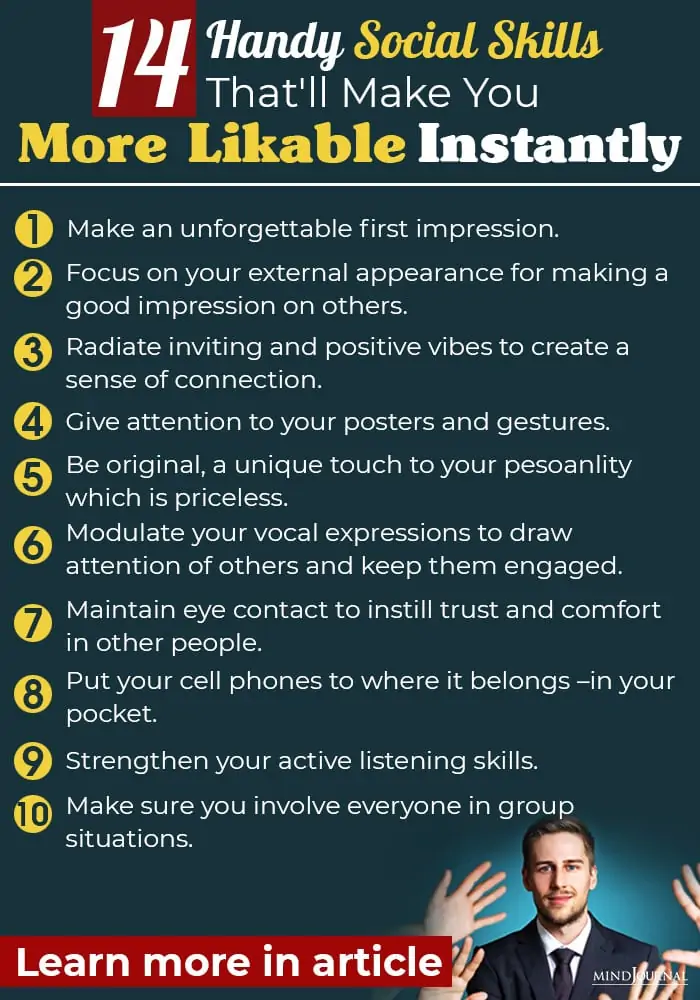
Let’s jump straight into the 14 significant SOCIAL SKILLS to consider to make sure you leave a mark on other people, every single time you interact with them:
The first level of your social game starts with how you make your first impression.
Read 8 People Skills You Need To Succeed In Your Work & Relationships
1. Make an unforgettable first impression
Whether you are meeting someone for the very first time or meeting an old acquaintance for a new proposal, you cannot downplay the importance of making a great first impression. This is one of the social skills that not only sets a positive image of yours in front of the other person but also increases the chances of them viewing you in favorable light throughout their entire life henceforth.
Like the saying goes, first impression is the last impression, seize the opportunity to make complete use of it.
Making a first impression boils down to keeping a few key factors in mind:
- Open and inviting body language. Open body language ensures that you are approachable, jovial and amiable. When people feel comfortable and relaxed around you, they would automatically feel more connected with you. But it is for you to keep in mind that you should not cross other people’s personal boundaries to establish your openness.
- Warm smile – A genuine smile which is accepting and welcoming of others. Avoid overdoing it. A feigned smile is a no-no.
- Eye contact – Eye contact that reflects confidence and empathy, accompanied by a warm smile is one of the most powerful tools to catch other’s attention and keep them engaged. Avoid piercing eye-contacts that comes off as a sign of dominance and control.
- Soft and toned down voice – Along with a composed and elegant demeanour, the way you talk, you voice pitch, volume and frequency is equally important. A voice which is audible yet soft, coherent yet stark, will create a very strong image of your personality. A voice which is harsh, too shrill and high pitched will not have the same effect on others.
2. Focus on your external appearance
This is one of the quintessential social skills for making a good impression on others. Judging someone on his or her outward appearance might seem shallow but that is what we are subconsciously wired to do.
Others do judge you on the way you physically look and present yourself through your attire. This does not mean you have to try too hard to look attractive. Focus on the basics – keep yourself well-groomed, maintain personal hygiene, wear clean and well-pressed clothes, align your dressing style with occasions and don’t forget to spray on some exotic perfume.
Keep your clothing simple, neat and practical.
Read 10 Skills You Need To Live A Happy Life
3. Radiate inviting and positive vibes

Do people complain a lot about you being unapproachable? If people find it a challenge to reach out to you without being in dilemma, your problem lies here. Some key attributes that make a person approachable are modesty, friendliness, authenticity, genuineness, and acceptance among others.
People will only be able to open up to you and willing to know you at a deeper level when you seem positive, easy, supportive, understanding and upbeat with them. This way, your positive vibes will resonate with other people’s positive energy to create a sense of connection.
4. Give attention to your posters and gestures
Did you think social interactions is all vocal? If you did, you are mistaken. It’s a lot, actually, it’s mostly about your postures. Randall tells business Insider that bad body postures will make you appear unapproachable and apathetic, keeping people away from you.
Social psychologist Amy Cuddy says that sitting or standing with an open posture, with legs apart and arms open and loose, body slightly leaning forward is an effective way to trigger changes in body chemistry that portrays your confidence and competence. This fact is also forwarded by Halvorson. On the contrary, crossing your arms or legs while conversing exudes an air of defensiveness and rigidity. This will only repel people in social contexts.
Read 40+ Body Language Signs To Strip Down Someone’s Personality
5. Be original
Originality earns respect and admiration more than anything else. When people can see a reflection of themselves in you, relate to you, your words, emotions and thoughts, you appear more like them and they vibe at greater wavelength with you.
People who try to appear cool and off beat at the expense of their authentic self, lose touch with their genuinity. In no time people will tag you ‘fake’ and walk out on you. Don’t be scared to portray your true self at social contexts even if that needs you to swim against the current.
Originality is one of the social skills that gives your personality an edge, a unique touch which is priceless.
6. Modulate your vocal expressions
What you say unquestionably matters a lot, but what matters more is how you say it. A statement’s connotation drastically changes with your tone and your style of expressing it. When you are conversing with someone, remember:
- Not to speak in a plain, placid and monotonous tone.
- To vary your voice tone synchronising it with the context of your speech.
- To subtly express emotions through your voice
- To emphasise, stress on main points and ideas throughout your conversation.
Practicing the above will help you draw attention of others and keep them engaged.
7. Maintain eye contact.
Eye contact is so crucial in every social encounter that you can’t make justice to it without devoting a separate section for this type of social skills. The very first thing that people try to figure out about you, according to Halvorson is if you are trustworthy enough or not. To top it, people will continue to converse with you only when they feel comfortable around you.
Instilling trust and comfort on other people will be your main objectives while interacting with someone. Here’s when the role of eye contact stands out.
A study implies that “..gaze avoidance, particularly during moments when it is socially normative to direct eye contact, can have unintended consequences, such as communicating disinterest or coldness.” The study also says that people who avoid eye contact in social contacts are “perceived as less warm [or] less well-liked.” (1)
So you see, eye contact during conversation is one of the necessary social skills to make the other person feel heard, seen and understood. It reflects your interest in what they are conveying and also makes you seem more warm, accepting and likable.
Read Eye Twitches: Spiritual Meaning And Causes
However, make sure that the eye contact does not breed discomfort. Uncomfortable eye contact will result in uncomfortable interactions. To avoid awkward interactions you need to learn when to make and break eye contact without unsettling yourself or the other person.
David A. Morin says that one golden rule to non-awkward eye contact is to break eye contact as soon as there is silence in the conversation. He further says that one should not focus on any other specific object while breaking eye contact. One should look at the floor, into space, or at the wall, like one does while contemplating something. Remember to make eye contacts not only while speaking but also while listening to the other person.
Eye contact is about being able to deeply connect to another person, beyond his/her words or physical self. It entails understanding, focusing and attending to the other person. Do not make eye contacts mechanical. Engage your entire self, focus your undivided attention on the topic of discussion for a smoothly flowing conversation.
8. Put your cell phones to where it belongs –in your pocket
Social interactions means interaction between you and another individual, not between you and the virtual world. You do not need any skill other than self-control to exercise this amazing social hack.
Pay attention. Be present at the moment. Avoid any interruptions and distraction that hampers smooth social exchange.
9. Strengthen your active listening skills
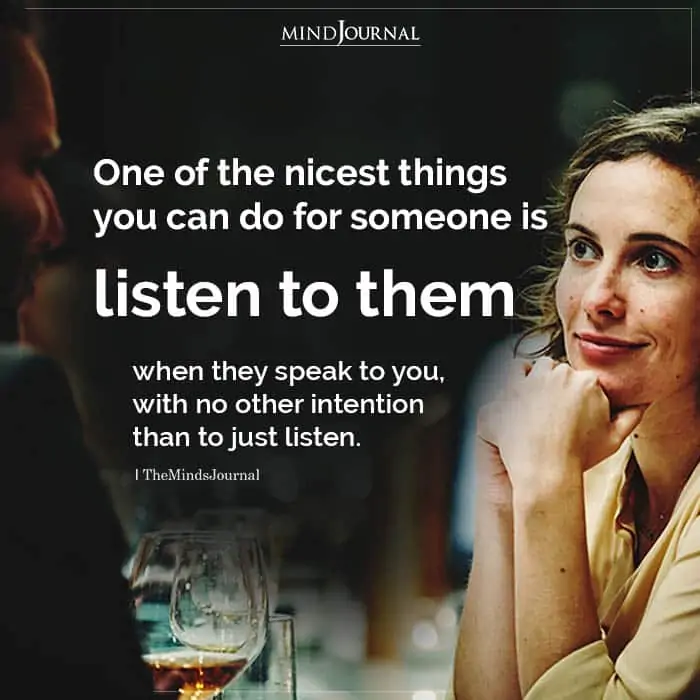
This is one of the master social skills that will make you more likable instantly. To win the social game, you have to notch up your listening skills to listen actively. Active listening is an involved and engaging form of listening where you not only interpret the meaning of the words being spoken at its face value but also focus on its undertones.
Active listening involves you to be observant and vigilant of the other person’s postures, gestures, facial expression, body language and voice tone. In this heightened form of listening, you engage all your sense organs, to interpret what message the other person is trying to convey and respond accordingly.
Active listening is one of the crucial social skills that helps you build a great rapport with the other person. With time you can master this social skills.
Here are a few quick tips to active listening social skills:
- Remove all sorts of possible distractions like noise, people and gadgets like smartphones. If you both feel comfortable, choose a quieter location to converse.
- Do not be prejudiced by the person’s cultural or social background, caste, race, gender or past experiences. Be non-judgemental, open-minded and accepting of the other person’s beliefs and value system. Do not allow your past experiences or belief system to influence your judgement of the other person.
- Listen between words. Pay attention to the subtext of the conversation. Read their body language.
- Slightly lean forward and maintain eye contacts when the other person is speaking.
- Remember to have an open body language, avoid defensive body languages like crossed arms and legs and backward leaning.
- Paraphrase in your own words what the other person spoke, to express how you interpreted his/her words. This will make the other person see your effort in trying to foster understanding.
- Empathise. Try to put yourself in the other person’s shoes. Slightly nod your head in agreement if you do. Show that you care and are here to lend an ear.
10. Make sure you involve everyone in group situations
In a group situation, make sure you engage everyone involved by paying equal attention to each member of the group. You can do so by looking at each one of them in turn while you are speaking rather than focusing on only one person who piques your interest.
Let each one of them have a say. If someone keeps getting interrupted by others while he/she wanted to say something, assist them to join in, “Jen, please continue with what you were saying.” Take the responsibility to make everyone feel included.
11. Amp up your observational social skills
Your observational skills will come into play when you want to approach someone new to strike a conversation. This is one of the social skills that also comes handy in case you wish to know someone at a deeper level.
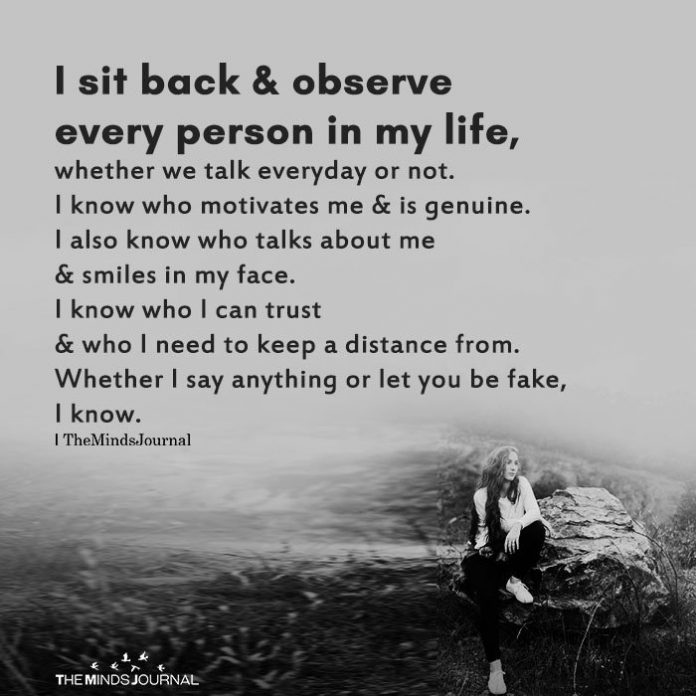
Thoroughly observe the other person’s body language, his or her postures, mannerisms, attire, their way of expression and any other significant things which you can use as possible topics of conversation to open doors to further exploration of a possible connectivity.
If you observe the other person minutely enough, it will make him/her feel seen. Be mindful during the conversation. Make use of information they provided to you in the initiation of the conversation, if you want to gain more knowledge about the person. “You mentioned earlier that you are from California. How was it being there?”
They will provide you the clue to forward a conversation. You just have to be attentive enough.
Read 15 New Skills To Learn For Rapid Self-Improvement
12. Flip the small talk out of the door
Let’s not deny the fact that you can’t really jump straight into the deeper side of the social game without a little small talk in the beginning. When you notice a mutual desire to know each other more, you can skip the small talk part. Small talk helps in warming up and constitutes the shallow phase of communication. For making a lasting bond, you have to get a little personal, a bit vulnerable, and a lot more inquisitive. Your vulnerabilities make you seem more human to others – a part of you, they will be able to relate to.
Do not hold on to your emotions. Display subtle emotions where necessary, disclose some of your personal information so the other person feels comfortable enough to disclose theirs. The key is to create a well-balanced, accepting environment for a great rapport to build.
If you seem robotic, you will never be able to connect at an intimate level.
Asking questions lies at the heart of every great social interactions. Ask the other person non-invasive, insightful, open-ended questions. These questions will help you dive into the psyche of the other person, to understand their values, ideals and belief system. It will further help you to decide whether you both are sparking off well or not.
Halvorson gives an insightful information. He says that a particularly effective method of communication to make the other person feel valuable is to ask questions that allows them to focus on what is important to them.
Avoid going too overboard with questions so the other person doesn’t feel like he/she is under police interrogation. Mix it up with pauses, paraphrasing, personal revelation, short statements. Go with the flow of the conversation. Show the interest to know the other person.
13. Compliment others
Who doesn’t like to be complimented? Cheesy flattery, and useless flirtations are sure to spoil your social game but some honest compliments will not harm.
Reisinger suggests using conversation starters that make the other person feel superior and important like, “I read your book on marketing. You were brilliant.” “You are specialising in cardiology, aren’t you?”
Read How The Zodiac Signs Respond To Compliments
14. Care to end the conversation well
A lot is talked about conversation starters but what about the end of a conversation? It’s a cherry on the cake when it comes to social games. The words you speak before you say goodbye leaves behind a trail of your essence. Make it worthwhile.
Tell them how much you enjoyed being with them, “It was such a wonderful experience getting to know you.”; wish them well, “Take care and have a good day.”; express what you feel about the conversation, “I hope to meet you again in the future.” “I will remember our conversation.”
Words such as these will keep you on their mind, days after you both parted ways.
Wrapping up:
Social interactions is a skill that needs you to be attentive, involved, and curious. You need to have the willingness to learn about human behavior, their psyche and connect to them beyond the usual. Do not force yourself or others to establish a connection when they simply have no intention to do so. Do not bother yourself over such people and just keep sailing well.
Are you ready to amp up your social skills?
Reference:
- Langer, J. K., Lim, M. H., Fernandez, K. C., & Rodebaugh, T. L. 2017. Social Anxiety Disorder is associated with reduced eye contact during conversation primed for conflict. Cognitive Therapy and Research, 41. 220-229. doi: 10.1007/s10608-016-9813-x.





